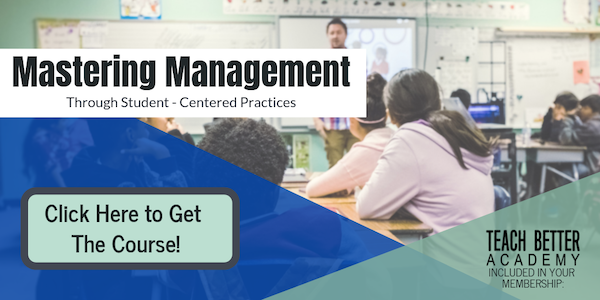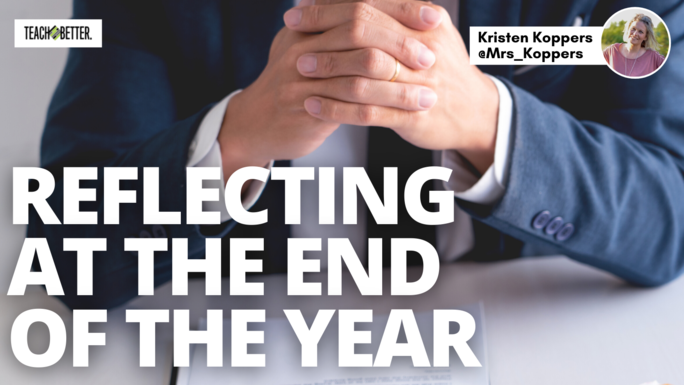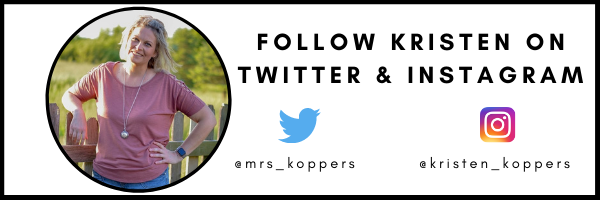TL;DR:
- Teaching from home has been challenging to not be able to “see” our students.
- There were frustrations from the perspectives of a teacher, student, and parent in the past 180 days.
- It is important to reflect on the past year and a half: in-class instruction cannot be replaced by virtual, students preferred to be in class, students had diverse needs, and teachers were still able to connect with students. Virtual learning still led to improvement.
For 180 school days a year, each and every day the bell indicated the start and end of each class and the start and end of each day. For 180 days, we walked into a building eager to teach our motivated and unmotivated students. For 180 days, we educated the minds of the next generation. But the last 180 days were like no other, teaching from home on a virtual screen, not being able to “see” our students. For the last 180 days, it was difficult to reach those who were struggling. And for the last 180 days, some teachers may have felt disconnected from their students.
It’s the end of another school year. Let’s hope for a better fall of 2021. Click To TweetReflecting at the End of the Year: Three Perspectives
It’s not the last 180 days that we reflect upon, but the last 180 days that have put everything into perspective. As a parent, my child needed to attend school. He needed physical interactions with the staff and his peers. He needed the time management skills that he lost. But most of all he needed the responsibility.
As an educator, I needed to ensure understanding and success with my students. I needed to make sure they were accountable for their actions. I needed to ensure engagement during class. But most of all, they needed to learn how to be responsible.
I needed to understand the difficulty of learning remotely as a student. I needed to understand how to help my students remotely. But most of all, I needed to understand that they needed the support.
All three perspectives are important. Not one of them trumps the other. I’ve been an educator for almost two decades, from substitute teaching to part-time to full-time to an adjunct professor. There were no two scenarios alike. There was no doubt in my mind that there were frustrations in all three perspectives.
Reflecting at the End of the Year
As we want to put this past year and a half behind us, it’s important to reflect:
- The in-class instruction cannot be replaced virtually using a computer. Teachers are needed as “physical beings” to educate students. Even those who were unmotivated in school before, prefer not to stay home due to their distractions.
- Students preferred to be in class; they admitted to not paying attention at home. They needed that physical interaction with staff and peers. Social interaction is just as important as in-class learning.
- Teachers needed to understand that not all students are alike. In a diverse school like mine, the needs vary. Not every student that failed to log into class did so because they didn’t want to attend.
- Despite the pandemic that forced schools to close, teachers were still able to connect with their students. The virtual barrier that separated us did not stop casual conversations before, during, and after classes.
Virtual Learning Still Led to Improvement
Amazing work can be done even virtually. The difference between the fall semester of 2020 to the end of the spring semester in 2021 showed a great improvement in learning. I saw great improvements made this past year. We learned how to cope with a pandemic. We learned how to diversify our assignments and lessons to meet the needs of all students. We learned how to battle depression. We learned how to provide self-care. But most importantly, we learned how to improve the educational system.
[scroll down to keep reading]
During the fall semester, those who did not log into class for days on end and several students who were unmotivated to participate in class earned low grades due to work not completed. During the spring semester, I was afraid that I would lose my students again knowing that we were still in a remote/virtual setting. I was surprised when there was more motivation from students as classes started in January. Several students broke out of their at-home comfort zone as they participated more in the chat.
Remote Teaching Was Difficult
This year has come and gone. What really changed for me is that I could not walk down the empty hallways at the end of the year. I could not see my seniors walk the stage like I have the past 12 years. I could not pick up that piece of paper on the floor of my classroom as the last student walked out. And I could not turn off the light as I walked down the hallway at the end of the year. Remote teaching was difficult as I have not been able to teach in my classroom since March 2020.
It’s the end of another school year. Let’s hope for a better fall of 2021.
ABOUT KRISTEN KOPPERS
Kristen wrote the book Differentiated Instruction the Teacher Profession as a way to share her ideas of how to use Differentiated Instruction inside the classroom. As an educator, it is important to find innovative ways to meet the needs of her students. Kristen is often on Twitter (@Mrs_Koppers) participating in chats and collaborating with other educators. It’s easy to share DI ideas on Twitter (#DITeaching).



